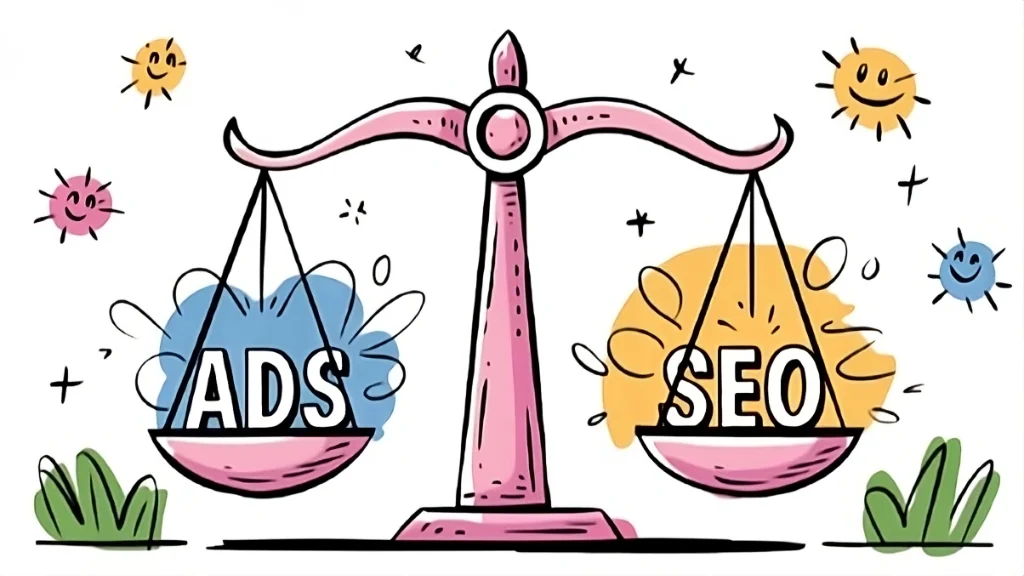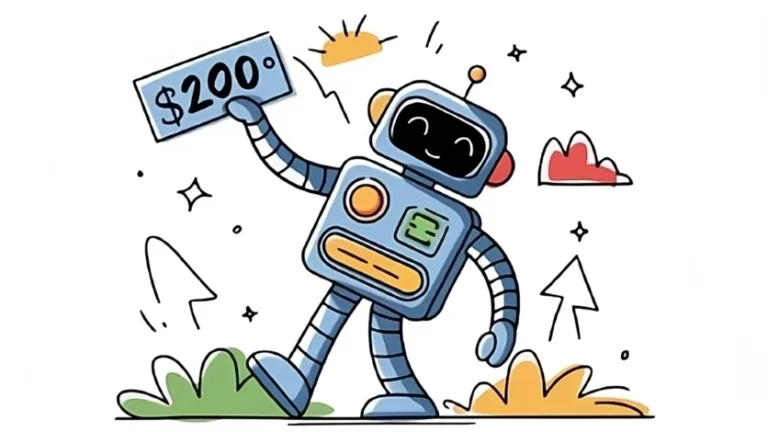Organic marketing is often fetishized by marketers who confuse “authenticity” with “inefficiency.” Sure, everyone loves the idea of "building relationships" and "creating value," but let's be real: most so-called organic marketing is just slow-burn laziness disguised as a strategy.
So, let's dig deeper into the pitfalls of organic marketing and why it’s often misunderstood, over-romanticized, and ultimately under-delivers if not handled with brutal realism.
What Are The Main Pitfalls of Organic Marketing?
- It's a Numbers Game, Not a Fairy Tale
The internet is so saturated that the odds of your organic content cutting through the noise without a strategic amplification are laughably small. People scream "authentic content wins," but that’s only true for people with massive pre-existing audiences or a stroke of viral luck (which, newsflash, is not a strategy). - SEO is a Ticking Time Bomb
Google controls the organic game, and they change the rules constantly. If your entire organic strategy revolves around rankings, you're basically renting your reach from a landlord who can evict you any day. It’s fine as part of a bigger mix, but betting on it long-term? Suicidal. - ‘Authenticity’ is a Buzzword to Avoid Accountability
Most brands preaching "authentic" organic content are just avoiding putting money or effort into creating anything remarkable. The idea that “your audience will come if you’re real” is the kind of advice people give when they have no budget, no plan, and no backbone. Guess what? Nobody cares about your ‘authenticity’ if your content sucks. - Organic Alone is Not Enough for Growth
The fastest-growing brands today know that organic content is the kindling, but paid promotion is the gasoline. Organic is for sustaining relationships and nurturing leads, not for explosive growth. If you’re trying to scale with organic alone, you’re in for years of stress and slow progress.
Is the “Field of Dreams” a Delusion? If You Build It, Will They Come?
There’s this pervasive lie in organic marketing: “If you create valuable content, people will naturally flock to it.” No, they won’t. Why? Because there’s a mountain of ‘valuable content’ already out there, and most of it is free. Unless you have a truly unique angle or absurdly high production quality, your “value” is going to get lost in the void of mediocre, me-too content.
Is Any Platform’s Algorithm Friendly and Reliable?
Organic marketers act like they’re buddy-buddy with social media platforms or Google, but these companies are in the business of selling ads, not boosting your free reach.
- Facebook? Organic reach is dead unless you’re in the 0.1% of creators who game the engagement system.
- Instagram? Good luck beating Reels algorithms unless you live on the app.
- TikTok? Sure, you might get lucky with virality (for a week) but if you’re not paying to retarget those views, that traffic disappears into the abyss.
Relying on algorithms is like building your house on sand. It works… until it doesn’t.
Could Content Saturation Be Our the Silent Killer?
In the early days of the internet, organic marketing was a goldmine because there wasn’t much competition. Now? Every brand and their grandma has a blog, podcast, YouTube channel, or TikTok account. Standing out organically in this environment requires a Herculean effort that most businesses simply don’t have the time, talent, or resources to execute well.
And let’s be honest: the content most brands produce isn’t just bad, it’s insultingly forgettable. You think another “5 Tips for Better Productivity” post is going to shake the earth? No one cares, and search engines have seen it all before.
What's the ROI Problem of Organic Marketing?
Organic marketing takes forever to yield results.
Sure, a blog post might rank in a year, and that evergreen piece of content could bring traffic for another two, but businesses rarely have that kind of patience. CEOs and investors want results yesterday, not in 18 months. If your organic strategy isn’t paired with short-term wins from paid, you’re setting yourself up for frustration and missed opportunities.
Is Audience Loyalty Overestimated?
Organic marketers love to talk about "community building." But here’s a harsh truth: audiences are fickle as hell. They’ll love you today, then ghost you tomorrow when the next shiny thing catches their eye. Organic followings require constant feeding, or they wither away. And if you’re not prepared to keep up with that demand, all those hours spent creating "authentic connections" will amount to nothing.
Is Organic Marketing Scalable?
The deeper flaw in organic marketing is that it doesn’t scale proportionally to effort.
- Posting more frequently doesn’t guarantee more engagement.
- Writing more blogs doesn’t automatically mean more leads.
- Being "consistent" doesn’t necessarily equal growth.
Meanwhile, paid strategies scale in direct proportion to your investment. Organic feels safer because it’s “free,” but in reality, it often costs way more in labor, time, and opportunity loss than most marketers admit.
So, What Should You Do Instead of Organic Marketing?
Organic marketing shouldn’t be abandoned. It should be recontextualized. Treat it as the foundation of credibility, trust, and long-term presence, but stop expecting it to be a primary growth driver. Here’s how you can strike a better balance:
- Focus on High-Impact, Evergreen Content
Instead of churning out endless blogs or social posts, create fewer, high-quality assets designed to last. Think: ultimate guides, cornerstone pieces, or hero videos that actually deserve attention. - Pair Organic with Paid
Use organic to nurture and build trust, but pay to bring people into your ecosystem. Amplify your best organic content with ads. Why rely on luck when you can guarantee eyeballs? - Leverage Platforms Strategically
Don’t waste time on every shiny social platform. Find where your audience actually hangs out, and double down. You don’t need a TikTok dance strategy if you’re selling B2B software. - Optimize for Conversions, Not Just Traffic
Traffic is meaningless without conversions. Ensure every organic effort has a clear path to capturing leads, building email lists, or driving sales.
The Bottom Line
Organic marketing is critical but overhyped. It isn’t dead, but blind faith in it as a growth strategy will kill your business. Treat it like a tool in the toolbox, not the Holy Grail.







